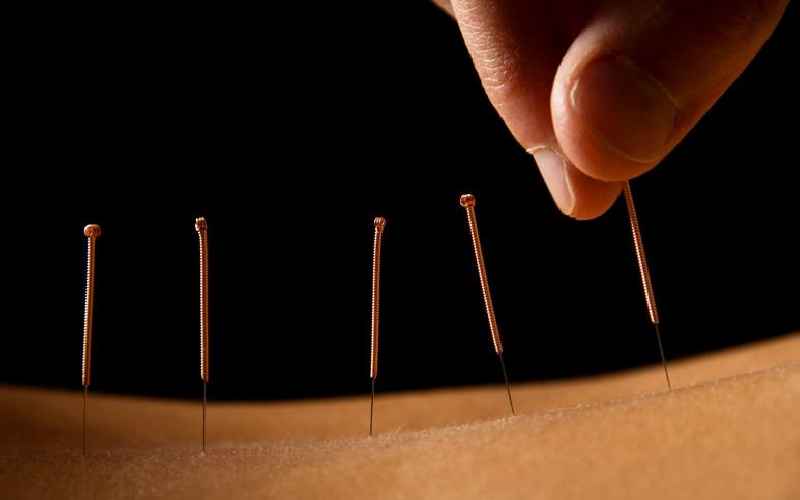×
The Standard e-Paper
Kenya’s Boldest Voice

After three years of consistence physiotherapy sessions and several medical consultations, a Namibian lecture Daniel Mbangula still suffered from severe back aches that deprived him of doing many physical activities.